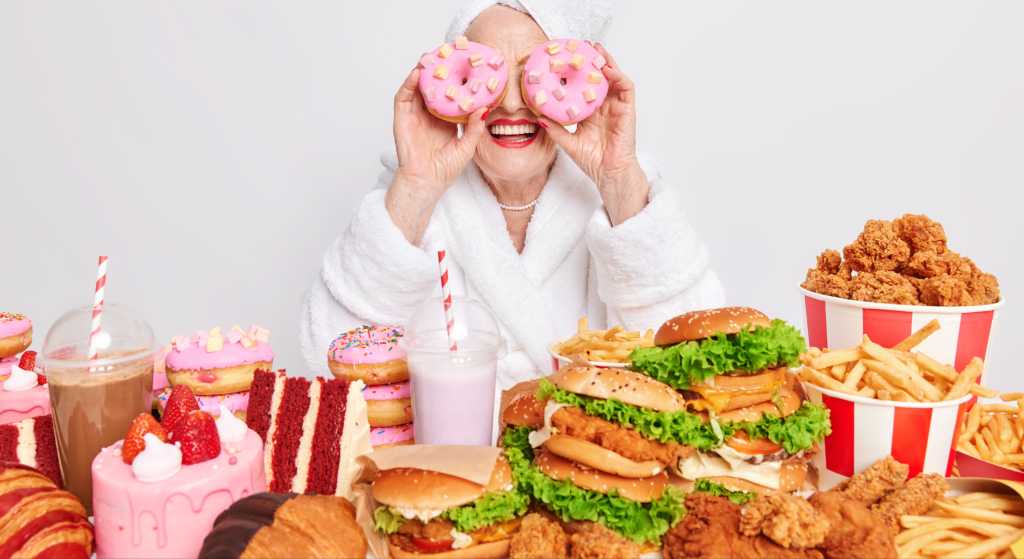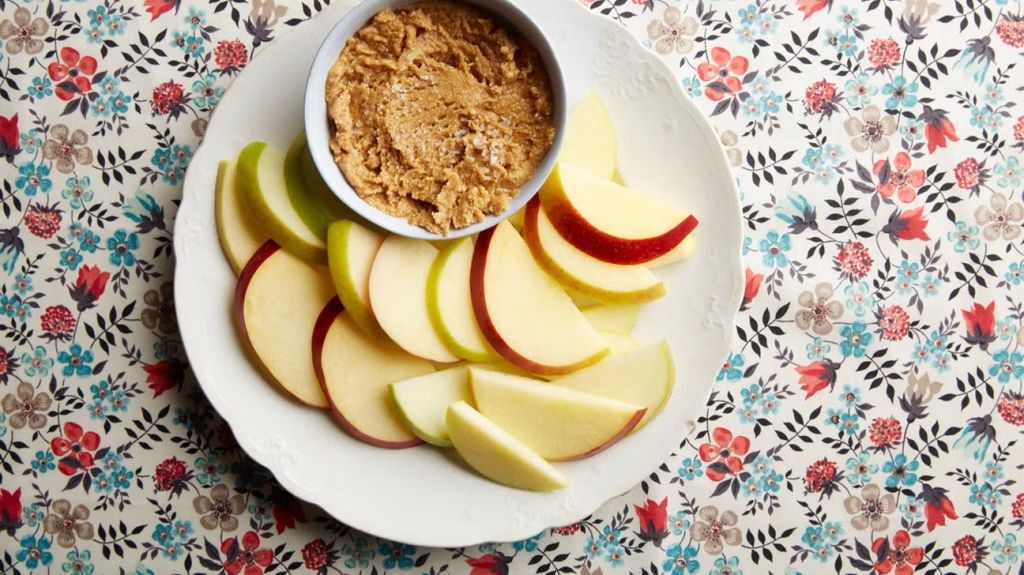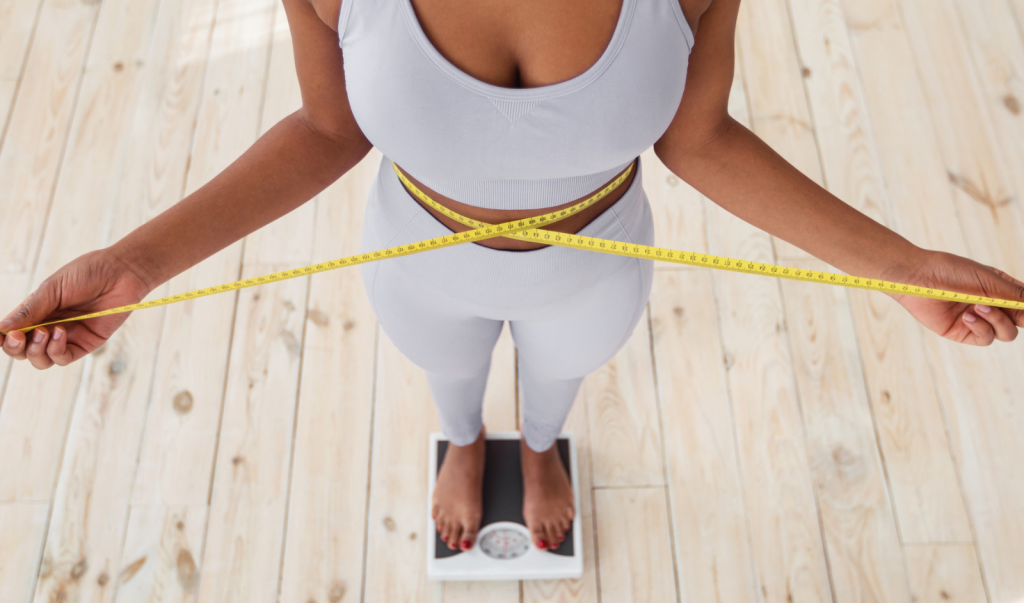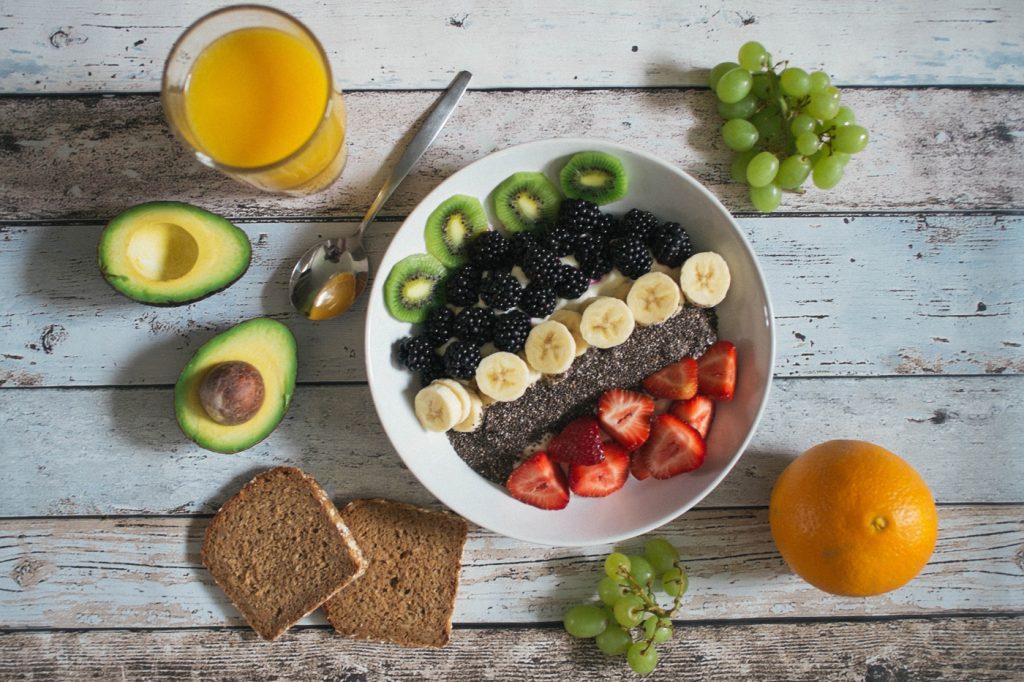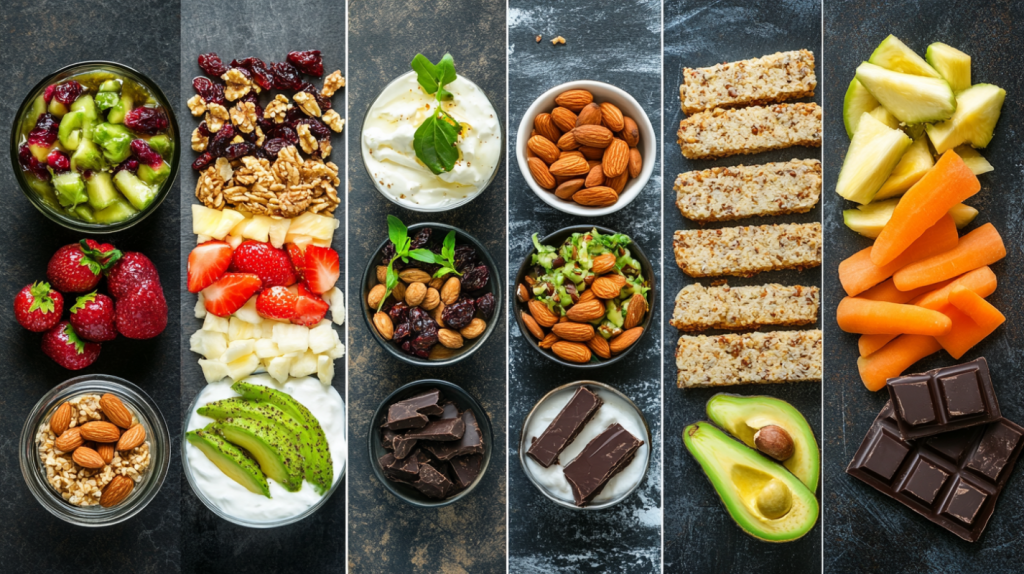A dietician’s job is to plan people’s nutritional needs to help them maintain or regain their health.
To this end, dietitians organize general or special menus to meet the nutritional requirements of specific health conditions or medical care, supervise those who prepare and distribute meals, manage the purchase and accounting of supplies, and provide guidance to ensure good eating habits.

Nutrition and Dietetics is based on the premise that although the general rules of nutrition are the same for all people, nutrition should be chosen according to the individual characteristics of each person.

Nutrition and dietetics of the sick person is primarily aimed at reducing the damage to the sick body caused by an unhealthy diet, as well as restoring the metabolism caused by the disease. Nutrition and Dietetics cannot be used as a separate medicine, but complements the usual medical practice and accelerates the healing process.

Dieticians play an influential role from the beginning to the end of an individual’s life. They work for proper growth, development and maintenance of health. It is the main duty of dietitians to transfer this science, which is needed throughout life, to individuals correctly.

Dieticians investigate, evaluate and find solutions to health problems caused by food and nutrients. They ensure that people at all levels have access to healthy nutrition by following the rules of economy and health. They plan diet programs in accordance with medical and surgical treatments for congenital or acquired diseases or other special conditions.
Dietician
1
Dietitians have many fields of work. We can say “Wherever there is a food, there is a dietitian”.
2
Therapeutic dietitians assume roles in areas such as diabetes dietitian, oncology dietitian, renal dietitian, enteral-parenteral unit dietitian, outpatient dietitian.
3
Based on the words of Hippocrates, the father of medicine, “Do not recommend medication in cases where you can treat with diet.”, we can understand that the dietitian profession is not only based on weight loss, but is also closely related to diseases.
Metabolism Accelerating Foods
Metabolism is the minimum amount of energy the body needs in a day to maintain its basic functions and varies from person to person. Age, gender, hormonal conditions, menopause, exercise level and hereditary characteristics cause changes in metabolic rate.
In addition, genetic effects, metabolic diseases, body muscle and fat weight, febrile diseases, pregnancy, being on a diet for long and frequent intervals, and stress also affect the metabolic rate.
Therefore, it can be difficult for individuals with low metabolic rate to lose weight, and for this reason, it is very important to know which nutrients have what effects on metabolism in their diets.
Because as a result of the studies, it has been observed that some foods have positive effects on the metabolic rate. In this case, including the appropriate amount of these foods in the diet program will make it easier to achieve a healthy weight.
Posts
Mindful Eating Techniques for Everyday Life
Have you ever finished a meal and wondered where the flavors went, feeling full yet strangely unsatisfied afterward? This common experience reflects how eating often becomes automatic. Meals turn into[…]
Read moreWhat Your Food Cravings Are Trying to Tell You
Cravings sometimes appear out of nowhere, catching people by surprise and leaving them wondering why they suddenly want something sweet, salty, or rich. Many individuals assume cravings are simply moments[…]
Read more15 Low-Calorie Foods That Actually Satisfy
Have you ever tried to eat lighter but felt hungry again only an hour later, even though you picked what seemed like a healthy choice? Many people struggle with low[…]
Read more5 Common Mistakes That Prevent Belly Fat Loss
Have you ever found yourself wondering why belly fat seems to stay even when you think you are doing everything right? Many people describe this struggle as a confusing cycle[…]
Read moreStaying Hydrated Beyond Just Drinking Water
You finish a meeting and reach for your bottle. The water tastes fine yet energy still dips. Lunch felt light but saltier than planned. The air outside feels heavy and[…]
Read moreWhy You’re Stuck in a Weight Loss Plateau
The initial phase of any deliberate weight loss endeavor is often characterized by a gratifying, sometimes deceptively rapid, descent in the numbers displayed on the scale. This period, driven by[…]
Read moreWhat to Eat Before and After Your Workout
The precise calibration of nutrient intake surrounding physical exertion is a field of physiological science that often gets reduced to overly simplistic, easily marketable soundbites. Moving beyond the generic advisories[…]
Read moreWhy Carbs Aren’t the Enemy and You Should Eat Them
The current obsession with demonizing entire food groups has placed carbohydrates squarely in the crosshairs of nutritional discourse, treating them not as a fundamental energy source but as a metabolic[…]
Read moreHealthy Snack Ideas That Keep You Full and Energized
The quest for the perfect snack—one that satisfies immediate hunger without inducing a subsequent crash or the need for a second round of grazing—is less about rigid caloric restriction and[…]
Read more